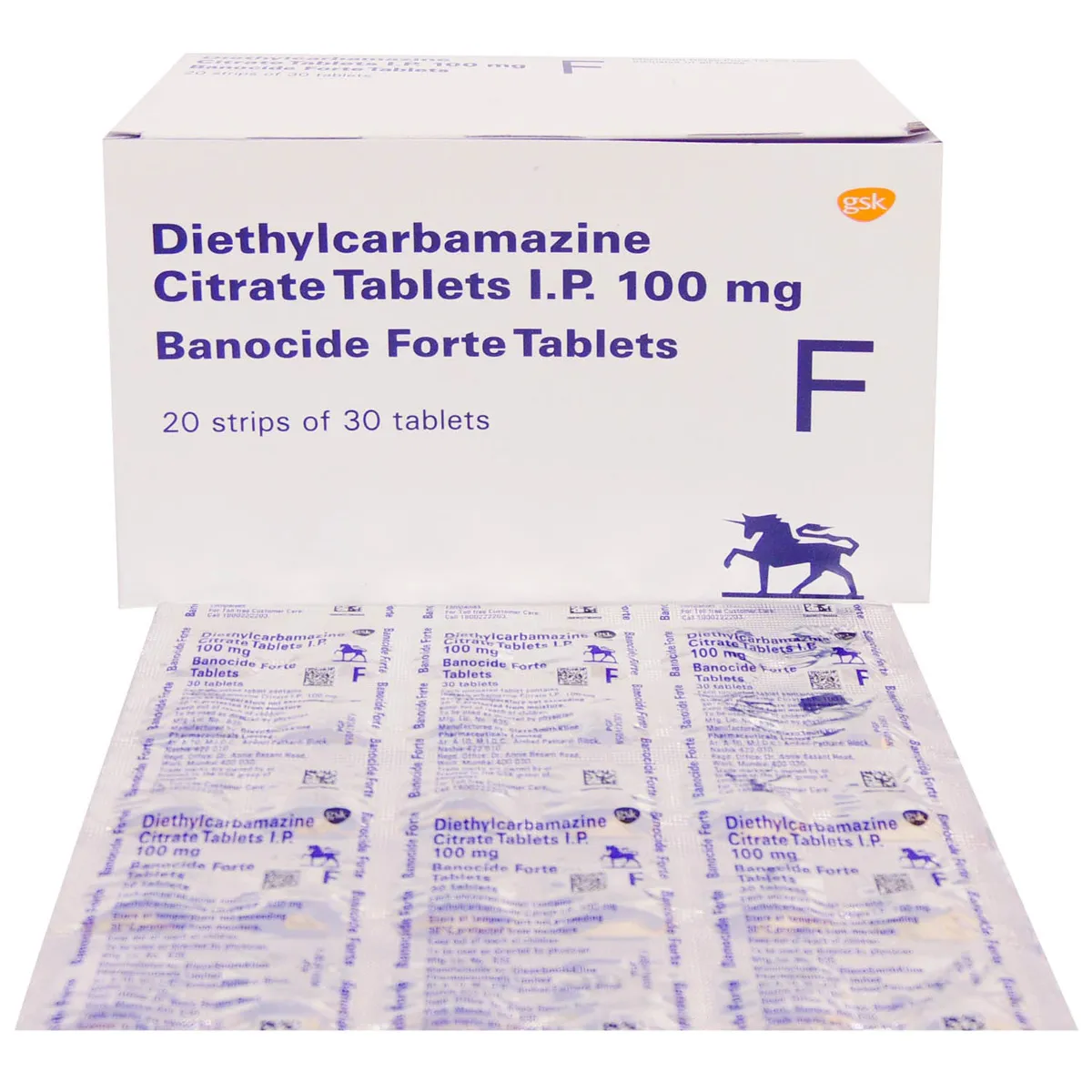In the intricate landscape of healthcare, rheumatology practices play a vital role in managing conditions related to joints, muscles, and autoimmune disorders. Efficient and accurate coding and billing are crucial for the financial health of these practices. This article delves into 8 coding and billing tips tailored specifically for rheumatology practices, shedding light on the nuances of Rheumatology Medical Billing.
1. Specialty-Specific Coding Knowledge
Understanding the intricacies of rheumatology-specific codes is paramount. Coders should be well-versed in Current Procedural Terminology (CPT) and International Classification of Diseases (ICD) codes related to rheumatologic conditions. This ensures precise documentation of services provided, leading to accurate billing.
2. Detailed Documentation for Evaluation and Management (E/M) Services
Rheumatology encounters often involve comprehensive evaluations. Ensure thorough documentation of patient history, examination findings, and medical decision-making. Clear documentation supports the appropriate level of E/M code selection, reflecting the complexity of the visit and justifying reimbursement.
3. Use of Modifier 25 for Same-Day Procedures and E/M Services
In rheumatology practices, it’s common to perform procedures on the same day as an E/M service. When billing for both, employ Modifier 25 to indicate that the E/M service was a distinct and separately identifiable service from the procedure. This helps prevent claim denials and ensures accurate reimbursement.
4. Stay Updated on Coding Changes and Guidelines
The field of medical coding is dynamic, with regular updates and revisions. Rheumatology practices must stay informed about changes in coding guidelines, new codes, and any revisions to existing codes. Regular training and education for coding staff are essential to maintain compliance and optimize revenue.
5. Accurate Use of Diagnosis Codes for Rheumatic Conditions
Precision in assigning diagnosis codes is crucial in Rheumatology Medical Billing. Ensure accurate documentation of rheumatic conditions, specifying the type and severity. This not only facilitates proper reimbursement but also contributes to the quality of patient care and research efforts.
6. Regular Audits for Coding Accuracy
Conducting routine internal audits is a proactive approach to identify and rectify coding errors before they lead to compliance issues or revenue loss. Regular audits help ensure coding accuracy, adherence to guidelines, and continuous improvement in the billing process.
7. Optimize Revenue with Proper Documentation of Infusions and Injections
Rheumatology often involves the administration of infusions and injections. Proper documentation of the drugs administered, including dosage, route, and supervision, is crucial. This not only supports accurate coding and billing but also contributes to compliance with payer policies.
8. Effective Communication with Payers
Establishing open communication channels with payers is vital for rheumatology practices. Stay informed about payer policies, coverage determinations, and any specific requirements for claims submission. Proactive communication helps address issues promptly and ensures a smoother reimbursement process.
The Role of Technology in Rheumatology Medical Billing
As the healthcare landscape evolves, technology plays a pivotal role in streamlining coding and billing processes. Electronic Health Record (EHR) systems and medical billing software designed for rheumatology practices contribute to efficiency, accuracy, and compliance.
Challenges and Solutions in Rheumatology Medical Billing
Rheumatology billing comes with its set of challenges, including the complexity of coding, changing reimbursement models, and the need for specialized knowledge. However, with a focus on education, technology adoption, and a commitment to accurate documentation, practices can navigate these challenges effectively.
Conclusion
In conclusion, effective coding and billing are foundational to the financial success and sustainability of rheumatology practices. The tips outlined above, tailored for the unique aspects of rheumatology, provide a roadmap for accurate Rheumatology Medical Billing. By prioritizing precision in coding, embracing technology, and fostering communication with payers, rheumatology practices can optimize revenue and enhance the overall quality of patient care.
FAQs
- Why is specialty-specific coding knowledge crucial for rheumatology practices?
- Specialty-specific coding knowledge ensures accurate documentation of rheumatologic conditions, leading to precise coding and billing for services provided.
- How can rheumatology practices optimize revenue with proper documentation of infusions and injections?
- Proper documentation of drugs administered, including dosage and supervision details, supports accurate coding and billing for infusions and injections, optimizing revenue.
- What role does technology play in streamlining rheumatology medical billing?
- Technology, including EHR systems and medical billing software, contributes to efficiency, accuracy, and compliance in rheumatology medical billing processes.
- How can rheumatology practices stay updated on coding changes and guidelines?
- Regular training, education for coding staff, and staying informed about coding updates through industry resources help rheumatology practices stay updated on changes and guidelines.
- Why is effective communication with payers essential for rheumatology practices?
- Effective communication with payers ensures awareness of policies, coverage determinations, and specific requirements for claims submission, contributing to a smoother reimbursement process.









